You’re Not a Product—So Stop Leading Like One
Keisha Mohammed
6/12/20251 min read


At some point in your leadership journey, you’ve probably been told—directly or indirectly—that to be effective, you need to upgrade yourself.
Speak more confidently.
Be more assertive.
Polish your tone.
Add this certification. Master that framework.
At first, it feels subtle. Sometimes even helpful. But before you know it, you’re collecting “features” like a product chasing version 3.0—constantly updating, refining, adding—until the original version of you gets buried under all the extras.
In the product world, this is called “feature creep”—too many add-ons cloud the original purpose and overwhelm the user.
In leadership, the same thing happens.
You admire a leader and try to lead like them. You silence parts of yourself to appear more “professional”. And, you adjust your presence depending on who’s in the room.
Slowly, you start to lead from a version of yourself that isn’t truly yours.
But here’s where the danger is:
The more features you pile on to be accepted, the easier it is to lose sight of your core. And when you disconnect from your core, leadership becomes performative.
You start leading from pressure—not presence. And when that happens, it becomes harder to:
Make clear, confident decisions (because you’re leading from noise, not clarity)
Build meaningful trust (because people sense when something isn’t genuine)
Show up consistently (because you’re shape-shifting depending on what’s expected)
If you feel this happening, here’s your way back. Ask yourself:
What “features” have I added that no longer reflect who I am?
Where am I leading from performance instead of presence?
What parts of me have always been there—and how can I bring those forward again?
At TetherMinds, this is where we start.
We don’t believe leadership is something you earn by adding more. We believe it’s something you build by returning to who you are.
That’s why we created the Build From You philosophy.
It’s not a formula to follow. It’s a philosophy rooted in identity, values, and voice. Because when you lead from within, you stop shrinking—and start owning the room.


